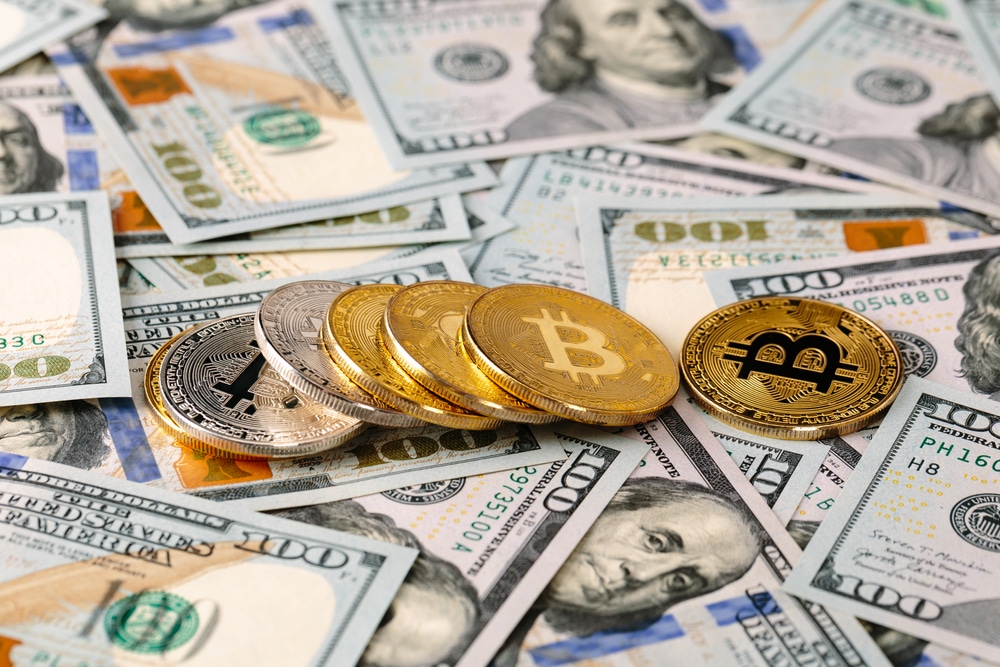Digital currency investing and asset management company Grayscale. has refused to share proof of its reserves, citing security concerns, after the prices of its top tokens Bitcoin and Ethereum fell yet again.
Exchanges Under Pressure To Promote Transparency
This proof of reserve showcase has been going on for quite some time now, with exchange firms under pressure to provide transparency to the public by sharing their proof of reserve.
This was due to the recent FTX crisis, in which investors were misled about the safety of their funds while it was in jeopardy. Since then, exchanges have felt compelled to instil confidence and trust in their users about the safety of their funds by displaying proof of reserve in order to dispel any fears of the exchange being liquidated.
Greyscale, on the other hand, does not appear to like this route; the company believes it is to keep its proof of reserve out of the public eye for security reasons.
According to the team’s statement, they do not approve of the display of wallet transactions and information made public through whatever means used to display the proof of reserve due to security concerns.
The firm stood firm on this decision, but also acknowledged that not disclosing this information to the public would be a disservice to investors. After FTX’s liquidation, crypto exchanges were under intense pressure to protect their exchange’s credibility and keep their investors at bay by promoting transparency.
Grayscale stated that the panic and worries caused by others were not a sufficient reason for their company to compromise the standards by which they operated. He began by stating, this standard with complex security measures has been extremely beneficial in keeping assets and funds safe for years.
FTX Crash Affecting The Market
The Grayscale Bitcoin Trust token (GBTC) fell to a new low this week, as the token’s market price had been declining.
This crash has shook the market in a variety of ways, from a drop in market cap of more than $8 billion to a drop in trading volume. The SOL token was especially hard hit; prior to the crash, the Sol token was trading at $30, but after the crash, it dropped to $15 and even fell below.
This crash also affected FTX’s native token, FTT, which dropped by more than 90%. Bitcoin and Ethereum were not left out, as their market prices and trading activities reached new lows.
Because of the crash, Bitcoin miners dumped a total of 7000 BTC into the market, affecting market price and trading activity.
At Tokenhell, we help over 5,000 crypto companies amplify their content reach—and you can join them! For inquiries, reach out to us at info@tokenhell.com. Please remember, cryptocurrencies are highly volatile assets. Always conduct thorough research before making any investment decisions. Some content on this website, including posts under Crypto Cable, Sponsored Articles, and Press Releases, is provided by guest contributors or paid sponsors. The views expressed in these posts do not necessarily represent the opinions of Tokenhell. We are not responsible for the accuracy, quality, or reliability of any third-party content, advertisements, products, or banners featured on this site. For more details, please review our full terms and conditions / disclaimer.



